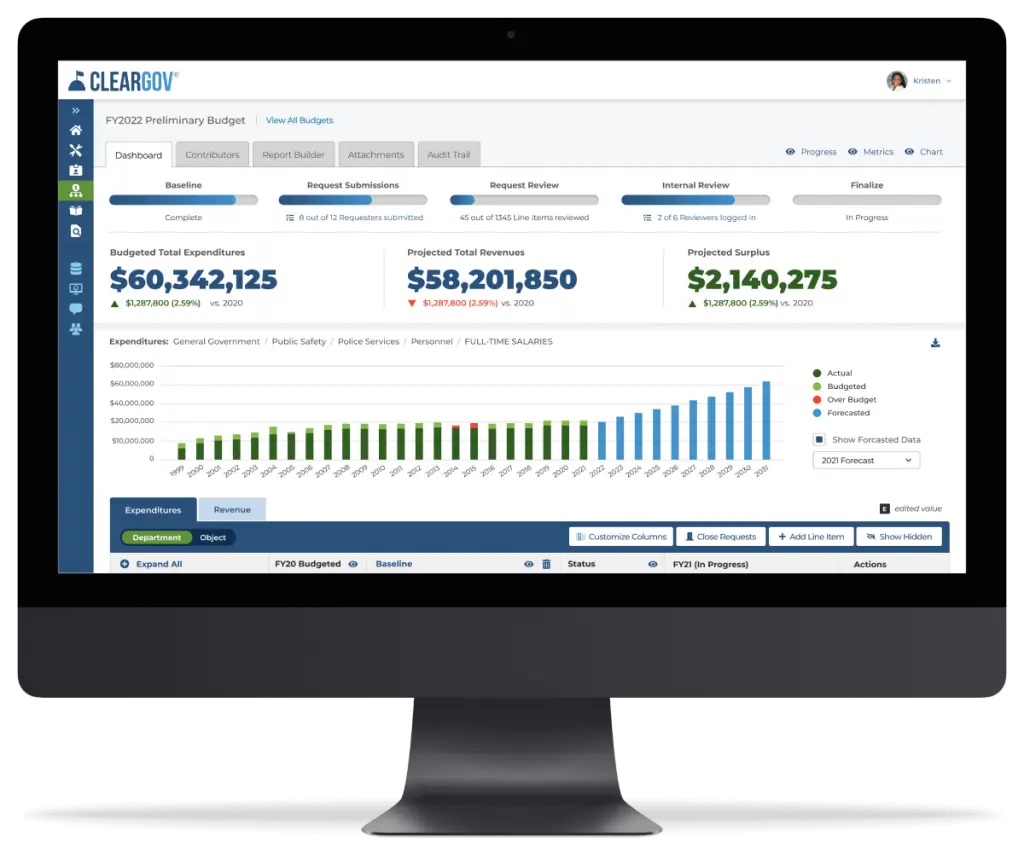How Local Governments Can Leverage Social Media to Help Navigate the COVID-19 Crisis Three free ways to reach and engage more residents — FASTLocal government is often the first line of defense in times of emergency and arguably never more so than in the wake of a global pandemic. In uncertain times, being a clear, calm, and trusted source of truth — and disseminating that truth to your community — is one of the most valuable services a civic leader can provide. Many big cities are fortunate to have a full-time communications director on staff and maybe even a documented digital engagement strategy in place. But, for smaller governments with limited resources, mastering social media may not be a top priority. If you’re among the latter and you’re only just getting your feet wet, now may be a good time to jump in all the way. Social media may just be your best bet for sharing and amplifying messages that your community needs to hear. Start with the basics: Facebook, Twitter, InstagramIn a 2018 Pew Research survey, one-in-five U.S. adults said they get their news from social media — and a whopping 43 percent said they rely on Facebook. Almost every local government has a presence on one or more social networks, including Facebook. Now is the time to use it. A quick tweet or Facebook post to your followers is the easiest way to spread time-sensitive information fast and to reach as wide an audience as possible. Keep your messages short, simple, and direct. And, be sure to include links to other resources like your municipal website, the CDC, and other reliable news outlets. Also, if you have an active ClearGov Transparency Profile, consider creating a project communications page for Coronavirus updates. You can post resources, recommendations, school closings, and more — all in one easily-accessible centralized location. It only takes a few minutes to set up and you can use the social media links right on the page to instantly post updates directly to Twitter and Facebook. Also, residents who visit the page can subscribe to automatically receive email notifications every time you post something new. It’s a great way to keep interested residents informed. Try something new: NextdoorIf your government hasn’t been active on social media, you probably haven’t amassed as many followers as you’d like. That’s okay, you should still reach out. Also, consider other channels like Nextdoor, the social networking service for neighborhoods. Nextdoor just announced a new app built expressly for local agencies — and you don’t need a dedicated follower base to instantly reach residents. The app — which is free — allows cities, counties, police and fire departments, and other public agencies to quickly and easily reach Nextdoor members with crucial, real-time safety-related information. Best of all, local officials can access the app right from their smartphone and post emergency alerts from anywhere, any time. You can learn more here: https://us.nextdoor.com/agency. Look to social-media-savvy peers in the public sector for adviceWant more good ideas, including digital engagement do’s and don’ts, best practices, and emergency messaging strategies? Check out these resources created by and for civic leaders:
We hope you find these resources helpful in the coming weeks as you continue to lead your communities through challenging times. Thank you for all you do and for being our first line of defense. |
